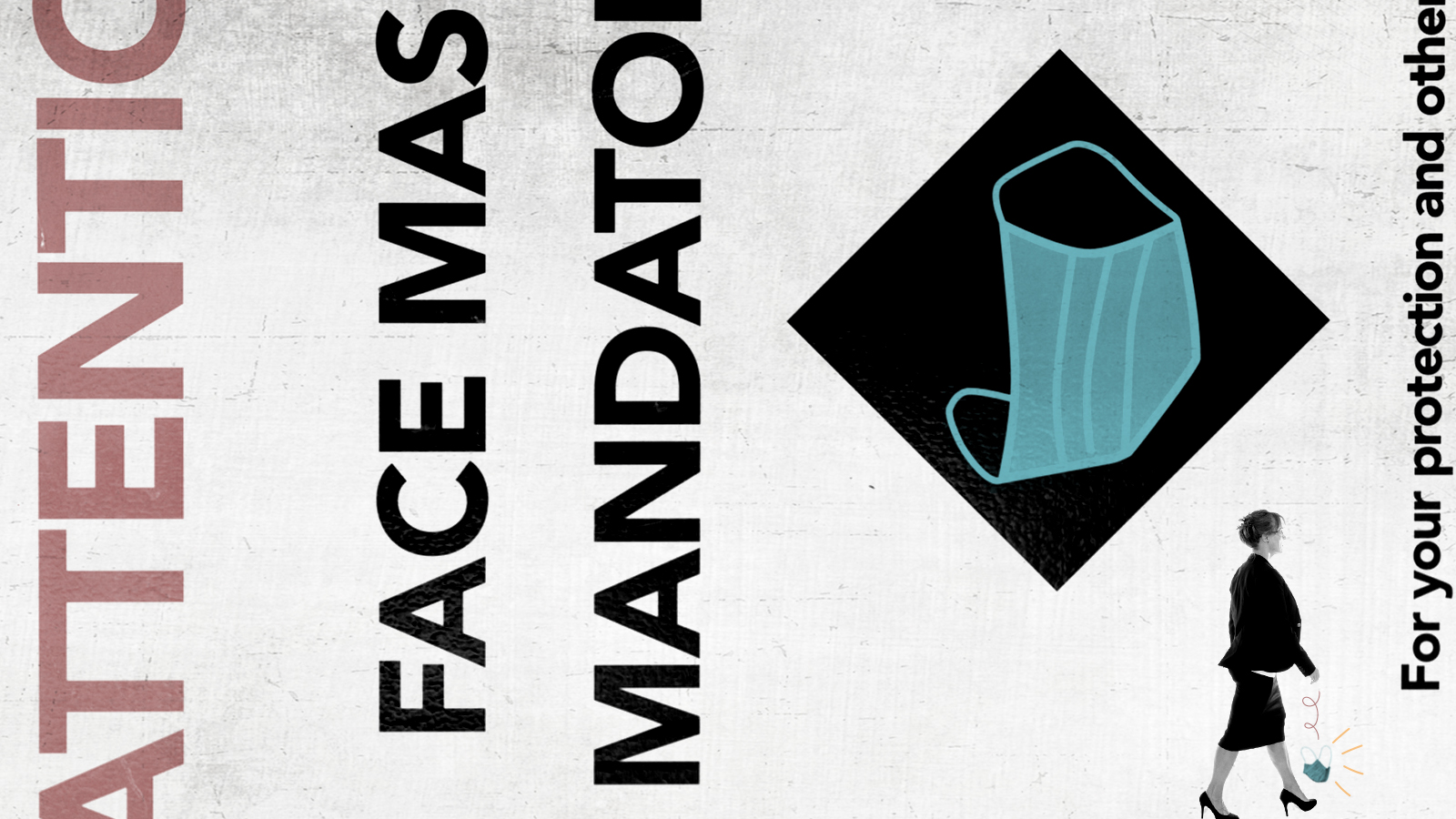The financial crisis crushed America's trust in elites. COVID-19 hypocrisy might just finish it off.


A free daily email with the biggest news stories of the day – and the best features from TheWeek.com
You are now subscribed
Your newsletter sign-up was successful
Washington, D.C., Mayor Muriel Bowser on Thursday announced a revived indoor mask mandate in her city — even for the vaccinated — would begin early Saturday. Then, Friday evening, she celebrated her birthday with a maskless, indoor bash. On Saturday evening, after the mandate took effect, she officiated a wedding, where, photos show, she went maskless indoors. (Bowser's office says she was actively eating and drinking and thus not violating the mandate. The images don't settle that question, but they do clearly show other guests dancing maskless.)
Bowser is far from the first official to apparently flout her own pandemic diktat, and each new story like this invites public revolt. I mean "revolt" as a reference to its use by former CIA media analyst Martin Gurri in his 2014 book The Revolt of the Public: And the Crisis of Authority in the New Millennium.
In the recent past, the "political and expert classes claimed competence over settled truth," Gurri says. "Those at the top decided signal from noise, knowledge from fraud, certainty from uncertainty. The public and mass media embraced this arrangement. All things being equal, authority was trusted and relied on."
The Week
Escape your echo chamber. Get the facts behind the news, plus analysis from multiple perspectives.

Sign up for The Week's Free Newsletters
From our morning news briefing to a weekly Good News Newsletter, get the best of The Week delivered directly to your inbox.
From our morning news briefing to a weekly Good News Newsletter, get the best of The Week delivered directly to your inbox.
No longer. Now, "we drown in data, yet thirst for meaning. ... And the more you know, the less you trust, as the gap between reality and the authorities' claims of competence becomes impossible to ignore," leading to "a radical disillusionment with the institutions of settled truth."
Gurri labels the 2008 financial crisis a major accelerant of the shift he describes, in which experts and the political elite they advise are bleeding legitimacy in the eyes of the modern public. Were he writing today, I suspect pandemic guidelines — and politicians who break them — would be Gurri's focus. The housing crisis had broad effects, but it didn't reshape daily life the way the pandemic has. Elite failures here will perhaps irreparably damage the expert-public relationship.
That's an outcome we could avoid if, as Gurri advises, authorities could learn to be humble and honest, to "discar[d] the pose of papal infallibility, and spea[k] about uncertainty, risk, and trade-offs," to demonstrate "integrity in life and work," and to announce their own errors. Experts do get a lot correct, and indeed make possible modern life. What we need is not so much authorities who are right more often, but rather authorities who are virtuous enough to freely admit when they are ignorant or wrong.
A free daily email with the biggest news stories of the day – and the best features from TheWeek.com
Bonnie Kristian was a deputy editor and acting editor-in-chief of TheWeek.com. She is a columnist at Christianity Today and author of Untrustworthy: The Knowledge Crisis Breaking Our Brains, Polluting Our Politics, and Corrupting Christian Community (forthcoming 2022) and A Flexible Faith: Rethinking What It Means to Follow Jesus Today (2018). Her writing has also appeared at Time Magazine, CNN, USA Today, Newsweek, the Los Angeles Times, and The American Conservative, among other outlets.
-
 What to know before filing your own taxes for the first time
What to know before filing your own taxes for the first timethe explainer Tackle this financial milestone with confidence
-
 The biggest box office flops of the 21st century
The biggest box office flops of the 21st centuryin depth Unnecessary remakes and turgid, expensive CGI-fests highlight this list of these most notorious box-office losers
-
 The 10 most infamous abductions in modern history
The 10 most infamous abductions in modern historyin depth The taking of Savannah Guthrie’s mother, Nancy, is the latest in a long string of high-profile kidnappings
-
 Big-time money squabbles: the conflict over California’s proposed billionaire tax
Big-time money squabbles: the conflict over California’s proposed billionaire taxTalking Points Californians worth more than $1.1 billion would pay a one-time 5% tax
-
 Did Alex Pretti’s killing open a GOP rift on guns?
Did Alex Pretti’s killing open a GOP rift on guns?Talking Points Second Amendment groups push back on the White House narrative
-
 Washington grapples with ICE’s growing footprint — and future
Washington grapples with ICE’s growing footprint — and futureTALKING POINTS The deadly provocations of federal officers in Minnesota have put ICE back in the national spotlight
-
 Trump’s Greenland ambitions push NATO to the edge
Trump’s Greenland ambitions push NATO to the edgeTalking Points The military alliance is facing its worst-ever crisis
-
 Why is Trump threatening defense firms?
Why is Trump threatening defense firms?Talking Points CEO pay and stock buybacks will be restricted
-
 The billionaires’ wealth tax: a catastrophe for California?
The billionaires’ wealth tax: a catastrophe for California?Talking Point Peter Thiel and Larry Page preparing to change state residency
-
 Trump considers giving Ukraine a security guarantee
Trump considers giving Ukraine a security guaranteeTalking Points Zelenskyy says it is a requirement for peace. Will Putin go along?
-
 Bari Weiss’ ‘60 Minutes’ scandal is about more than one report
Bari Weiss’ ‘60 Minutes’ scandal is about more than one reportIN THE SPOTLIGHT By blocking an approved segment on a controversial prison holding US deportees in El Salvador, the editor-in-chief of CBS News has become the main story
